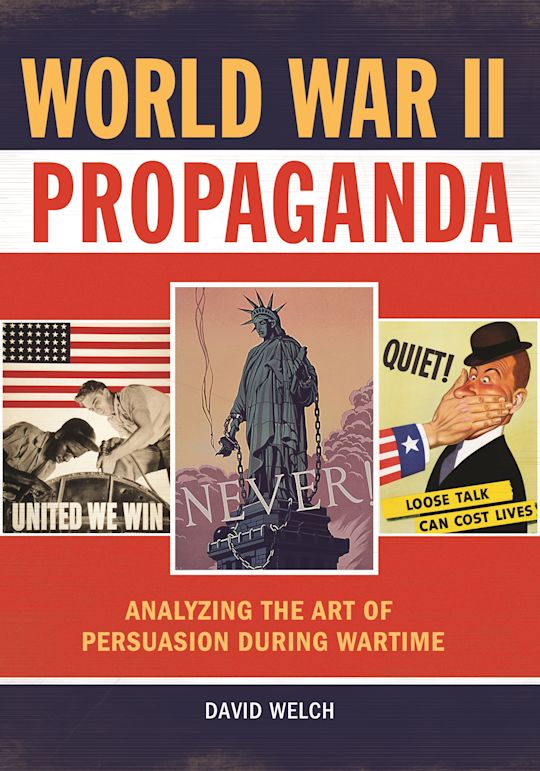Information or inevitable collapse; time to choose!
We can demonstrate with scientific and historical certainty
that man-made systems that do not communicate and are therefore based on
partial information will always, but unfortunately only after significant damage,
collapse because they do not learn. In many blogs and articles I have tried to
explain that it is always about information. With sufficient information I can
protect my life but with insufficient information I am in danger. I cannot
explain it more simply. But what we are observing together now is that relevant
information with which we can correct the disastrous political Corona policy is
being deliberately denied and even suppressed. Now, in order not to complain
that this is wrong or unfair, let me scientifically substantiate what is
actually happening. As I demonstrated in my scientific article 'Information is
Physical', the physical law 'information cannot be separated from physical
reality' cannot be broken without creating 'entropy' or disorder in living
systems. A living system is, for example, a human being, an animal, but also
society, a government or an organisation because, according to Niklas Luhmann,
the German sociologist, they are all 'systems of communication' and can only
continue to function through communication. Human creation needs energy in the
form of information to build beauty, structure and order. Information can never
be separated from the physical world (Khalili, Jim, 2017). Information is not
just an abstraction, it is carried by something, a stone, a CD, or a book, a
spirit, a quantum particle and cannot break the laws of physics. Information
can be stored in any system to give it unique properties. DNA, genes, neuron
synapses, electrons, neuropeptides work as information messengers, (Pert,
Candace, 2005). Quantum particles, as the fundamental building blocks of all
matter, is energy and information that do not work in isolation, but form a
unity, a unified field with human consciousness. The world is a representation
of information. (Hagelin, John, 2007).
The smallest initial conditions such as personal thoughts are thus
elementary building blocks of reality.
Human action and its causality or the relationship between one event
(the cause) and a second event (the effect) influences reality (Radin, Dean
1997) (McTaggert, Lynn 2007).
The universe is a physical system that contains bits of
information. Each elementary particle carries bits of information. Electrons
carrying information interact in a systematic way to perform a quantum logic
operation. A computer and our mobile phones work like the universe because they
are part of the universe and to work they must obey the same physical laws.
Computers and the universe are information processors. Quantum computing is
currently possible because of information, the universe already works this way.
(Lloyd, Seth, 2016). Quantum information
processing analyses the universe in terms of information: the universe consists
not only of photons, electrons, neutrinos and quarks, but also of quantum bits
or qubits. Professor Lloyd says that the universe is a gigantic computer, which
processes information in quantum bits (qubits).
The universe, a computer, the human body, the environment,
companies; all living systems are information carriers, receptors and/or
transmitters. The information they carry can be understood as meaning, observed
and grasped by the human consciousness and processed by its brain. Without the
human ability to interpret information and meaning by perception, the
usefulness of bits of information could not have been observed. (Van Campen,
2020).
The stability of a living system is a continuous process of
balancing order and entropy using all available and relevant information
through interaction between all parts of a system in relation with the
environment. Natural systems such as people, animals, flowers or plants and
organisations can be kept in balance with the environment in order to continue
functioning if these conditions are met, during a continuous process of
communication. According to Norbert Wiener, the process of giving and receiving
information is the natural adaptation of living systems to live effectively with
and in their environment. The condition is to seek balance and equilibrium
rather than forced growth by power, for example, by ulterior motives: economic
gain, political power, greed, which become dependent on ignoring information,
which inevitably causes havoc, from which no one escapes.
We now see information about the potential harmfulness of
vaccines, the crack in social cohesion caused by an enforced QR code, about
cheap, available medicines, about dismissal and exclusion of unvaccinated
people from the workforce, about violent police actions, lying politicians, the
under-reporting of side effects, the unwillingness to listen to scientifically
provable arguments by thousands of experts by experience, the state propaganda
by public broadcasters who will do anything to spread only one point of view
(that vaccination is the only solution) and suppress other, relevant, necessary
information.
We can conclude that the current social unrest is the result
of a deliberate information deficit which means entropy i.e. disorder. Political decisions that drastically affect
our lives are not corrected by real time information because people are not
open to it out of covert motivation. Information, particularly from Israel,
that vaccinated people can be just as, or even more, contagious than
unvaccinated people is being eradicated. Information that countries such as
Sweden are doing better without lock-downs than countries with lock-downs is
being trivialised because politicians, under the guise of 'we are doing it to
protect the people', are giving themselves carte blanche to disrupt social life
for the so-called greater good. Anyone who can read history knows that a
collectivist call for the Greater Good, always ended in totalitarianism.
Not only for the present, but for the near and distant
future, if all the relevant information cannot be corrected, society will tear
itself apart even further, so that there will be a struggle between everyone. This
will manifest itself in bloodshed, for the present collectivists will abandon
all morality. But perhaps it cannot be otherwise. A people that does not stand
up deserves the leadership it gets. As long as the majority accepts it,
democracy can be considered precarious, after all, most votes count, also those
of the silent masses.




Reacties
Een reactie posten